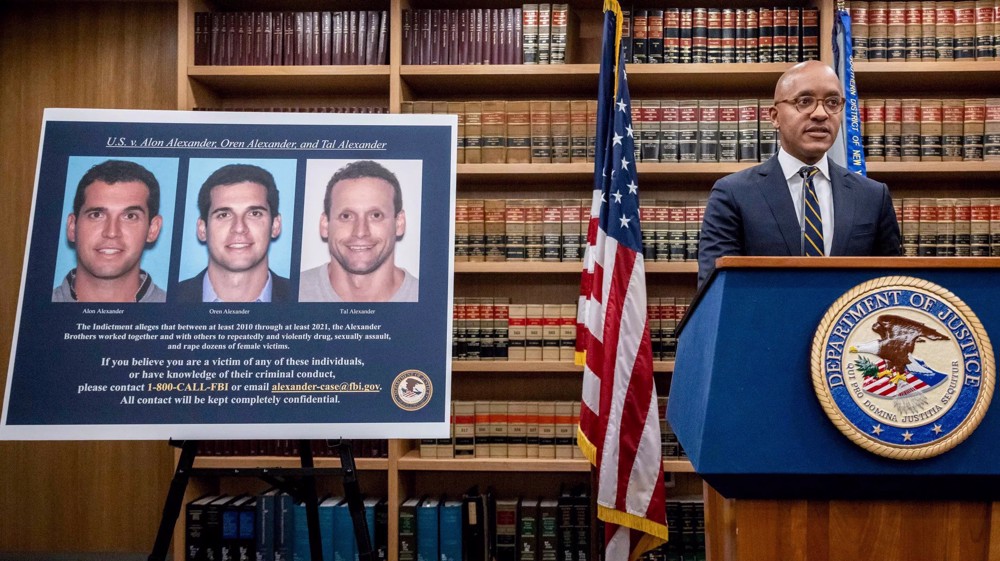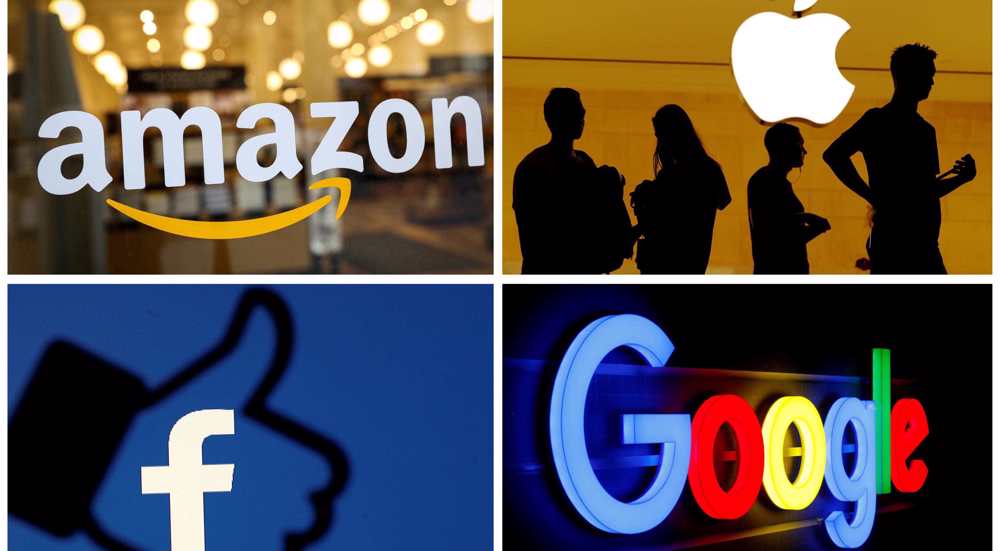Big Tech lobby banks on moderate Democrats to defeat new regulation
Senior Democrat lawmakers are pushing back against efforts by members of their own party to regulate Big Tech firms, a move that shows how hard progressives are likely to find it to rewrite US competition laws.
Democratic members of the House of Representatives have criticized a slew of measures being promoted by members of the House antitrust committee, as opposition builds to radical proposals that some hope could result in the break-up of large technology companies.
The split is indicative of how difficult it will be to enact a big shake-up of US antitrust laws, even as President Joe Biden contemplates signing his own executive order to strengthen regulators’ powers to promote competition in their sectors.
“I don’t think they spent a lot of time drafting these bills, some of the measures in them are embarrassing . . . I am in favor of making adjustments to antitrust laws, but some of these are radical,” Zoe Lofgren, a Democratic representative from California, told the Financial Times.
Lou Correa, another Democratic representative from California, said, “I’m not sure we should try to break up some of these companies. And why are we singling out American companies, and especially those from California?”
Last week, the House judiciary committee passed six bills which are aimed at breaking the corporate power the likes of Google, Facebook, Amazon and Apple enjoy.
The move is part of a broader attempt to enact the most important change to US competition law in a generation.
In the meantime, industry lobbyists are targeting centrist Democrats as well as those from California in particular as they try to block the most extreme measures.
Tech firms and critics argue such measures could have unintended consequences that would hurt consumers and some of the most popular online services.
Meanwhile, David Cicilline, chair of the House antitrust subcommittee, told the FT he did not expect worries from fellow Democrats to prevent a vote of the full chamber.
“I fully expect these bills will receive a vote and will secure bipartisan support,” he said. “Not everyone is aware that this legislation is the product of a 16-months investigation to really study these platforms, and that we have spent the first six months of this year crafting careful pieces of legislation.”
If the bills pass the House, they may have the support in the Senate from Republicans such as Josh Hawley and Ted Cruz, who have both been fierce critics of Big Tech.
However, as 60 votes are needed to beat a filibuster, industry lobbyists argue only the least controversial measures, such as a move to increase funding to competition regulators, have a chance of passing.
VIDEO | Gaza’s Christians fear threat of extinction amid Israeli genocidal war
Iran, Egypt demonstrate necessary will to restore ties: Presidential aide
Iran president urges Muslim unity to counter Israeli aggressions
Cancer-stricken Palestinian prisoner tortured to death in Israeli custody: Report
Pezeshkian proposes development fund for D-8 member states
Yemen hails successful attacks on ‘strategic’ Israeli military sites
Iran blasts Israeli assaults on Yemen’s civilian infrastructure
Iran, Turkey urge end to Israeli war on Gaza to ensure regional security














 This makes it easy to access the Press TV website
This makes it easy to access the Press TV website